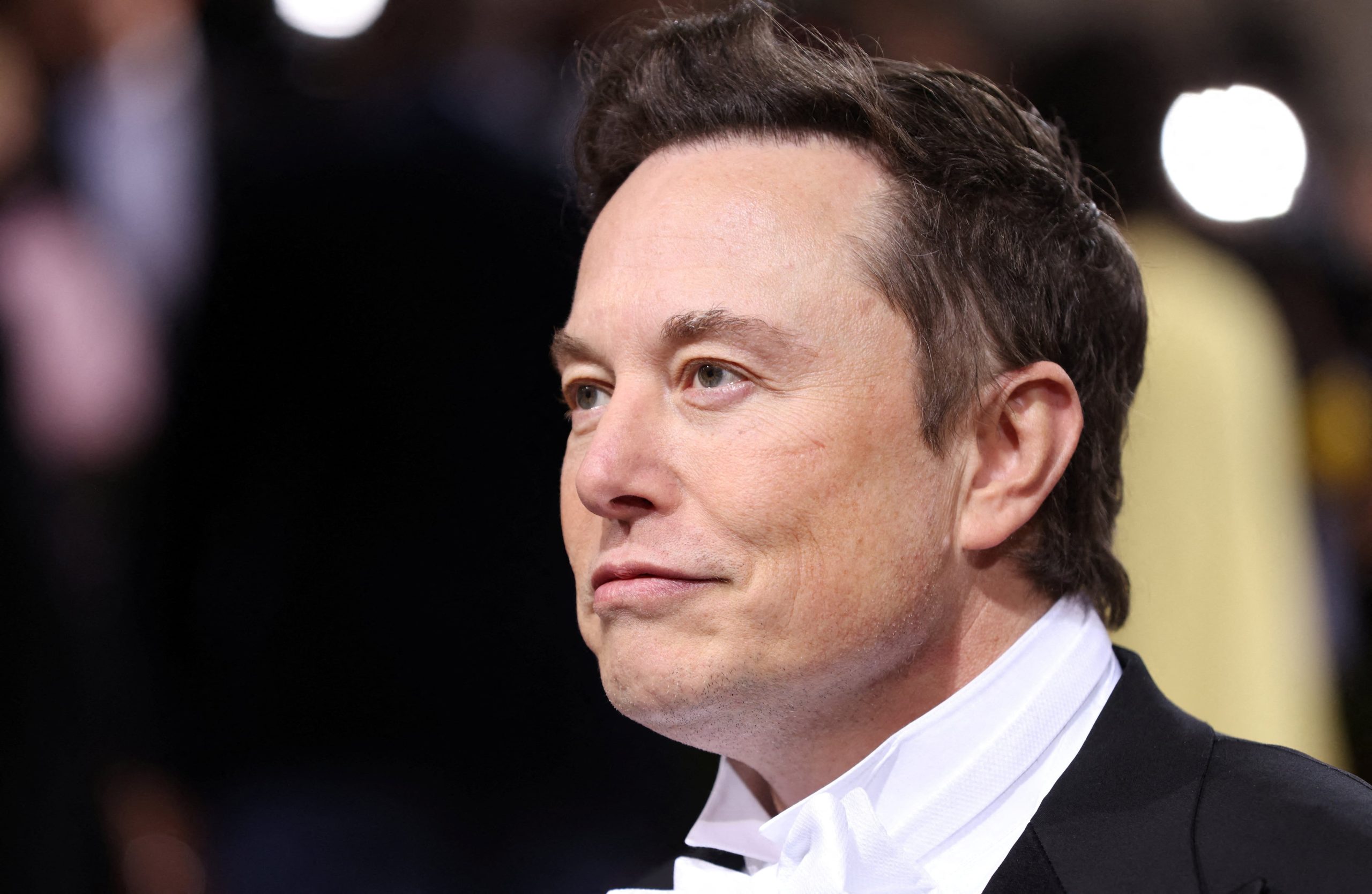Representative Earl Blumenauer from Oregon has raised significant concerns about the Food and Drug Administration’s decision to permit Elon Musk’s company, Neuralink, to proceed with human trials. This inquiry stems from previous issues with the company’s animal testing procedures.
In a detailed letter to the FDA, Blumenauer highlighted that the hurried pace of Neuralink’s animal experiments may have led to unnecessary animal suffering and potentially unreliable data that influenced the decision to move towards testing on humans.
Blumenauer’s concerns follow a report by the FDA, revealing that Neuralink had inconsistencies in maintaining accurate records of its experiments.
This review, conducted shortly after Neuralink was approved for human trials, pointed out deficiencies in the company’s documentation and instrument calibration. The congressman is seeking clarification from the FDA on why Neuralink was allowed to advance to human trials despite these shortcomings.

Elon Musk (Credits: Reuters)
Attempts to contact the FDA for a response were unsuccessful. Additionally, Blumenauer and seven other members of Congress previously reached out to the Department of Agriculture and the Animal and Plant Health Inspection Service, advocating for an investigation into Neuralink. This call for scrutiny revolves around possible oversight conflicts and concerns about animal welfare in Neuralink’s research.
Elon Musk has defended his company against claims of animal mistreatment, stating that the subjects chosen for testing were already nearing the end of their lives due to terminal conditions. Despite these defenses, the treatment of over 1,500 animals under Neuralink’s care, as reported, continues to stir debate.

Noland Arbaugh (Credits: Times Now))
This discussion comes in the wake of Neuralink showcasing its technological breakthroughs. The company recently presented a live demonstration where Noland Arbaugh, a quadriplegic patient, managed to play chess using a brain implant developed by Neuralink, the game solely with his thoughts.
Although Arbaugh acknowledged the technology’s imperfections, he also attested to its transformative impact on his life. Neuralink is part of a growing sector focused on developing brain-computer interfaces, with companies like Blackrock Neurotech and Synchron pursuing similar goals.
These organizations are driven by the promise that their innovations could offer revolutionary treatments for neurological disorders and provide new avenues of interaction for individuals with disabilities.























